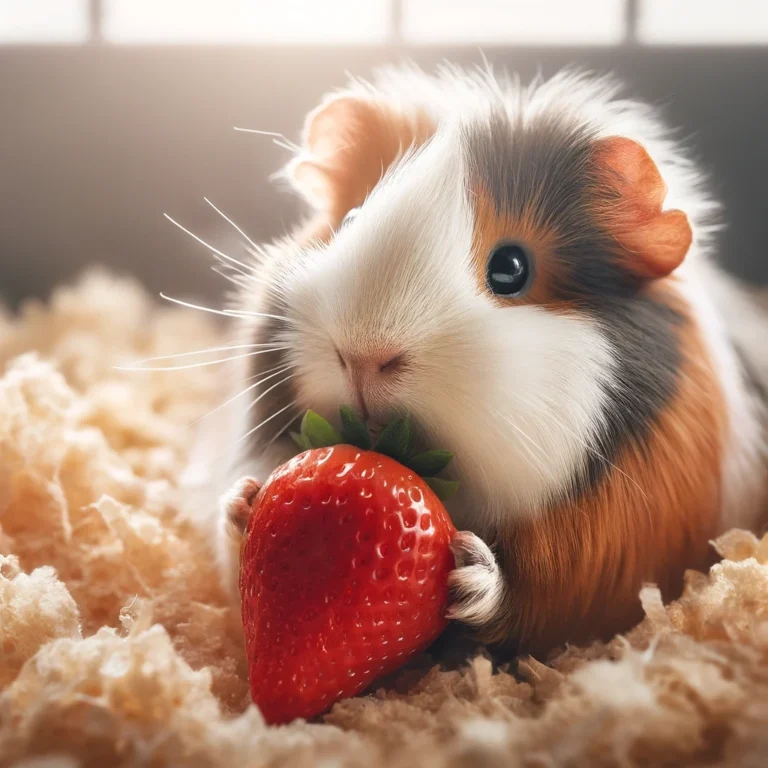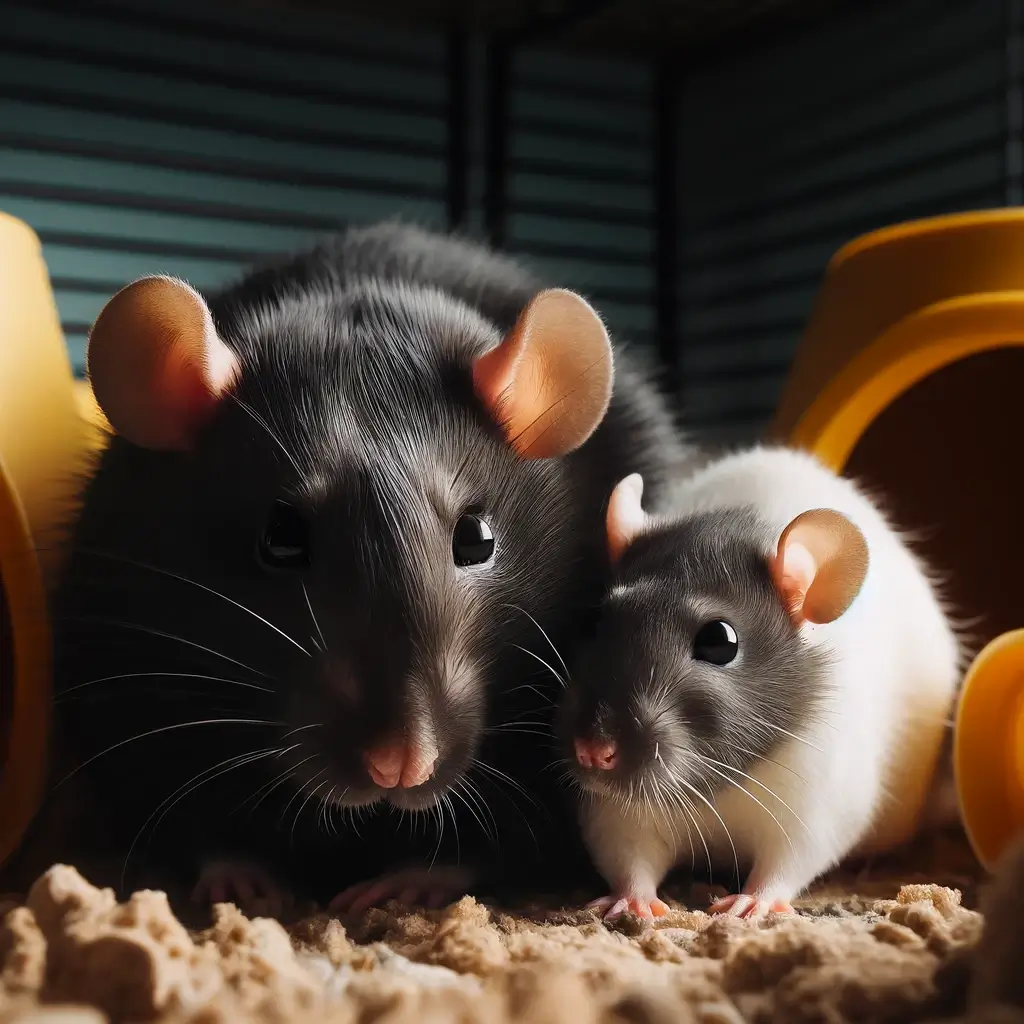Guinea pigs, with their endearing personalities and playful antics, have captured the hearts of pet owners worldwide. Unlike other small pets, guinea pigs have unique dietary needs that must be met to ensure they live long, healthy lives. Central to their health is an understanding of proper nutrition and the critical role of Vitamin C. This comprehensive guide will explore the essentials of a balanced guinea pig diet, the importance of Vitamin C, and practical tips for feeding your furry friend.
Understanding Guinea Pig Nutrition
Guinea pigs are herbivores, meaning their diet should consist primarily of hay, fresh vegetables, and a small amount of specially formulated guinea pig pellets. A proper diet not only supports their digestive health but also prevents obesity, dental disease, and other health issues.
The Foundation: Hay
Hay is the cornerstone of a guinea pig’s diet, providing the necessary fiber to keep their digestive systems running smoothly and their teeth at a proper length. Timothy hay is the most recommended type due to its high fiber and low calcium content, which helps prevent bladder stones. Alfalfa hay can be given to pregnant or young guinea pigs due to its higher protein and calcium levels but should be avoided for adult guinea pigs not needing the extra calories.
Fresh Vegetables: A Source of Variety and Vitamins
Vegetables are essential for providing vitamins and minerals that hay lacks. However, not all vegetables are created equal when it comes to guinea pig health. Leafy greens like romaine lettuce, kale, and parsley should be staples in their diet. However, vegetables high in calcium, such as spinach, should be fed in moderation to avoid health issues. Variety is key, as it ensures a broad range of nutrients and keeps mealtime interesting for your guinea pig.
Pellets: A Concentrated Source of Nutrients
While hay and fresh vegetables should make up the majority of their diet, guinea pig-specific pellets can supplement missing nutrients. Look for pellets fortified with Vitamin C and avoid those with added sugars, seeds, or colored pieces, which can be harmful to your pet.
The Critical Role of Vitamin C
Guinea pigs, like humans, cannot produce Vitamin C on their own and must obtain it from their diet to prevent scurvy, a disease that can lead to lethargy, joint pain, and other health problems. The recommended daily Vitamin C intake for a healthy adult guinea pig is about 10-30 mg, although pregnant, nursing, or sick guinea pigs may require more.
Sources of Vitamin C
Fresh vegetables, particularly bell peppers and certain leafy greens, are excellent natural sources of Vitamin C. While fortified pellets can provide a daily dose, relying solely on pellets for Vitamin C is not recommended due to the nutrient’s sensitivity to light and storage conditions. Vitamin C drops for water are widely available but not advisable, as they can degrade quickly and alter the taste of the water, potentially leading to decreased water intake.
Creating a Balanced Diet
A balanced diet for a guinea pig includes unlimited access to hay, a daily offering of fresh vegetables, and a controlled portion of pellets. It’s also important to provide fresh, clean water at all times.
Sample Daily Diet
- Unlimited Timothy hay
- 1 cup of mixed vegetables, focusing on Vitamin C-rich options and variety
- 1/8 cup of pellets per guinea pig, ensuring they are fortified with Vitamin C
Treats and Foods to Avoid
While it’s tempting to spoil your guinea pig with treats, many store-bought options are high in sugar and fat and can contribute to obesity. Opt for healthy treats like small pieces of fruit (e.g., apples, blueberries) or vegetables. Avoid giving your guinea pig dairy, meat, sugary foods, caffeine, or anything containing onions, garlic, or avocados, as these can be toxic.
Monitoring Your Guinea Pig’s Health Through Diet
A well-balanced diet not only keeps your guinea pig physically healthy but also mentally stimulated and happy. Regularly monitor their weight, dental health, and overall condition to ensure they’re thriving. Changes in appetite, weight loss, or dental problems can indicate health issues and should prompt a visit to the vet.
Conclusion
A healthy diet is fundamental to your guinea pig’s well-being. By understanding their nutritional needs, especially the importance of Vitamin C, and providing a variety of hay, fresh vegetables, and quality pellets, you can ensure your guinea pig leads a happy, active life. Remember, each guinea pig is unique, and their dietary needs can change with age, health status, and lifestyle. Regular consultations with a vet can help tailor their diet to their specific needs, guaranteeing a happy, healthy companion for years to come.









